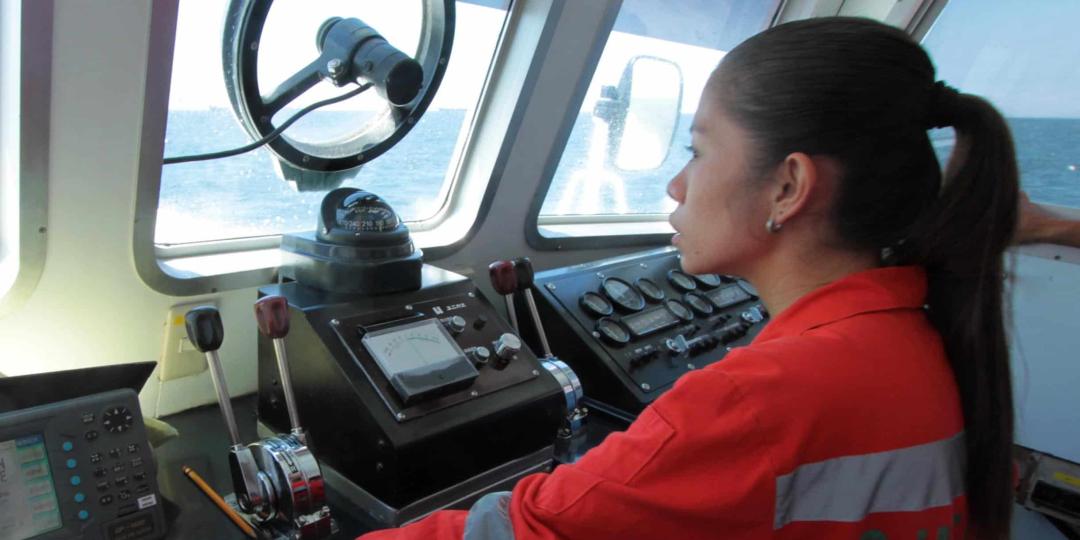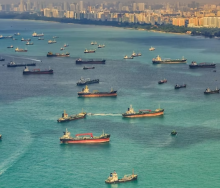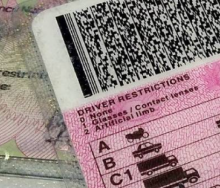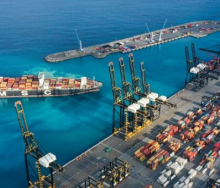The complete findings of a global survey that has revealed shocking insights regarding pervasive gender-based discrimination, harassment and bullying on board vessels will be released at a conference in Geneva last night.
The Women’s International Shipping and Trading Association (Wista International), Anglo Eastern, International Seafarers Welfare and Assistance Network, and International Chamber of Shipping conducted a public online survey designed to examine how female seafarers perceived “discrimination” and how it manifested on board based on their personal experiences.
The complete findings and recommendations have been published in The Diversity Handbook, which will be launched at the Wista International conference in Geneva on October 26.
The survey, which included responses from 1 128 women seafarers from 78 countries, found that 60% of women reported encountering gender-based discrimination on board.
The majority of respondents, approximately 90%, work on cruise ships, with the remainder employed on cargo ships, gas and oil tankers, container ships (larger than 8 000 TEUs), general cargo/geared vessels, chemical tankers, bulk carriers and tugs.
A total of 66% of the respondents agreed that male employees had turned to harassing and intimidating female co-workers and 25% reported that in the shipping sector, physical and sexual harassment was common, occurring on board and involving intrusions on their privacy.
Onboard harassment included being approached with personal questions, overly familiar remarks, or being invited to meet in the cabin on a private basis.
The statistics show that the vast majority of those engaging in such crimes are male seafarers (88%), while other instances (11%) involve both men and women co-workers, and only about 1% involve women.
Sexual harassment involved intrusions on privacy, such as uncomfortable persuasion, inappropriate remarks and body-shaming. An overwhelming 90% of those involved were male co-workers, while 8% were male and female and only 2% were female seafarers.
Some 34% of women acknowledged feeling alienated or neglected due to their gender, while 29% had encountered harassment and bullying on board.
Sanjam Sahi Gupta, founder of Wista India and co-chair of the Wista International Diversity Committee, said firms in the sector needed to improve diversity and equity.
“There is an urgent need to create a more diverse, inclusive and equitable maritime community, with women seafarers deserving a respectful and safe working environment.
The recent report revealed unacceptable figures, with women facing gender discrimination, harassment and bullying on the sea,” Gupta said.
“The shipping sector is at risk due to a lack of new talent. Over the next decade, there will likely be an even greater need for qualified seafarers. One of the best and most effective strategies to stop the growing disparity is adopting gender-inclusive policies within a safe work culture,” she added.
The Philippines (399) had the largest proportion of respondents, followed by the United States (98), the United Kingdom (57), South Africa (51), Brazil (47), India (41), Peru (36), Columbia (35) and Indonesia (35).
The survey also collected data on company harassment and bullying policies, company and industry hotlines, and the effect of the pandemic on women’s experiences at sea. It provided insights into how businesses can promote gender diversity.













